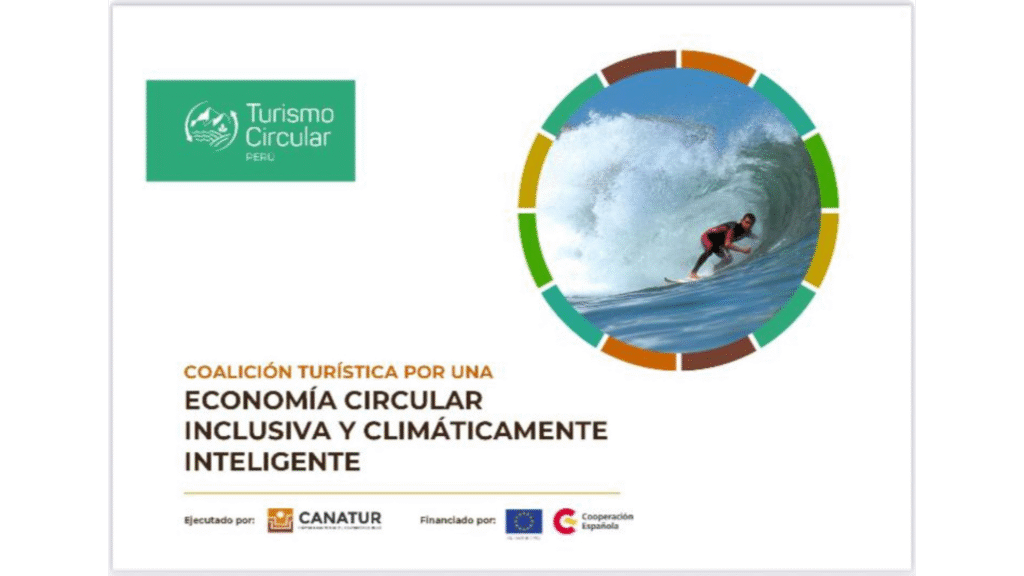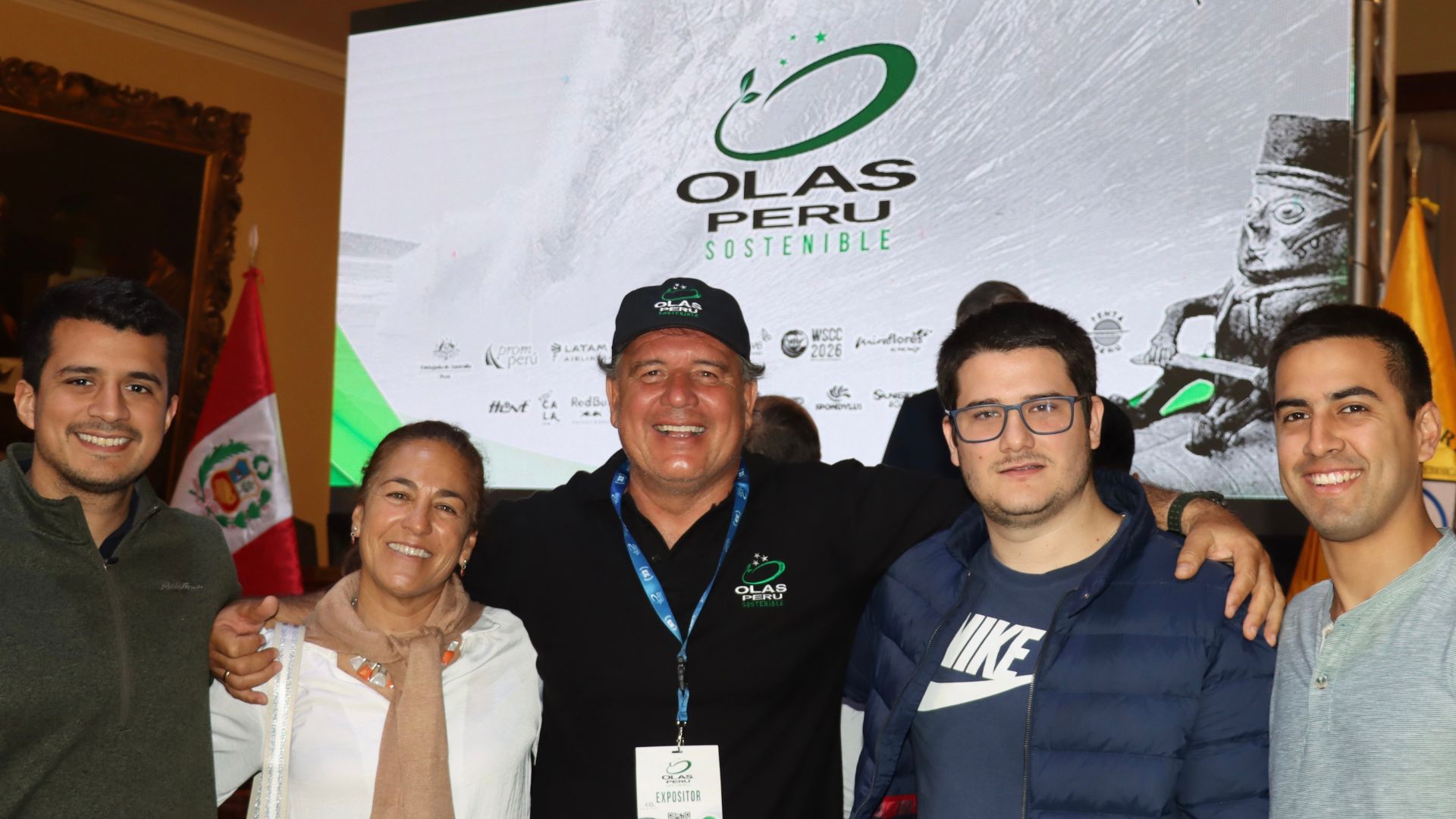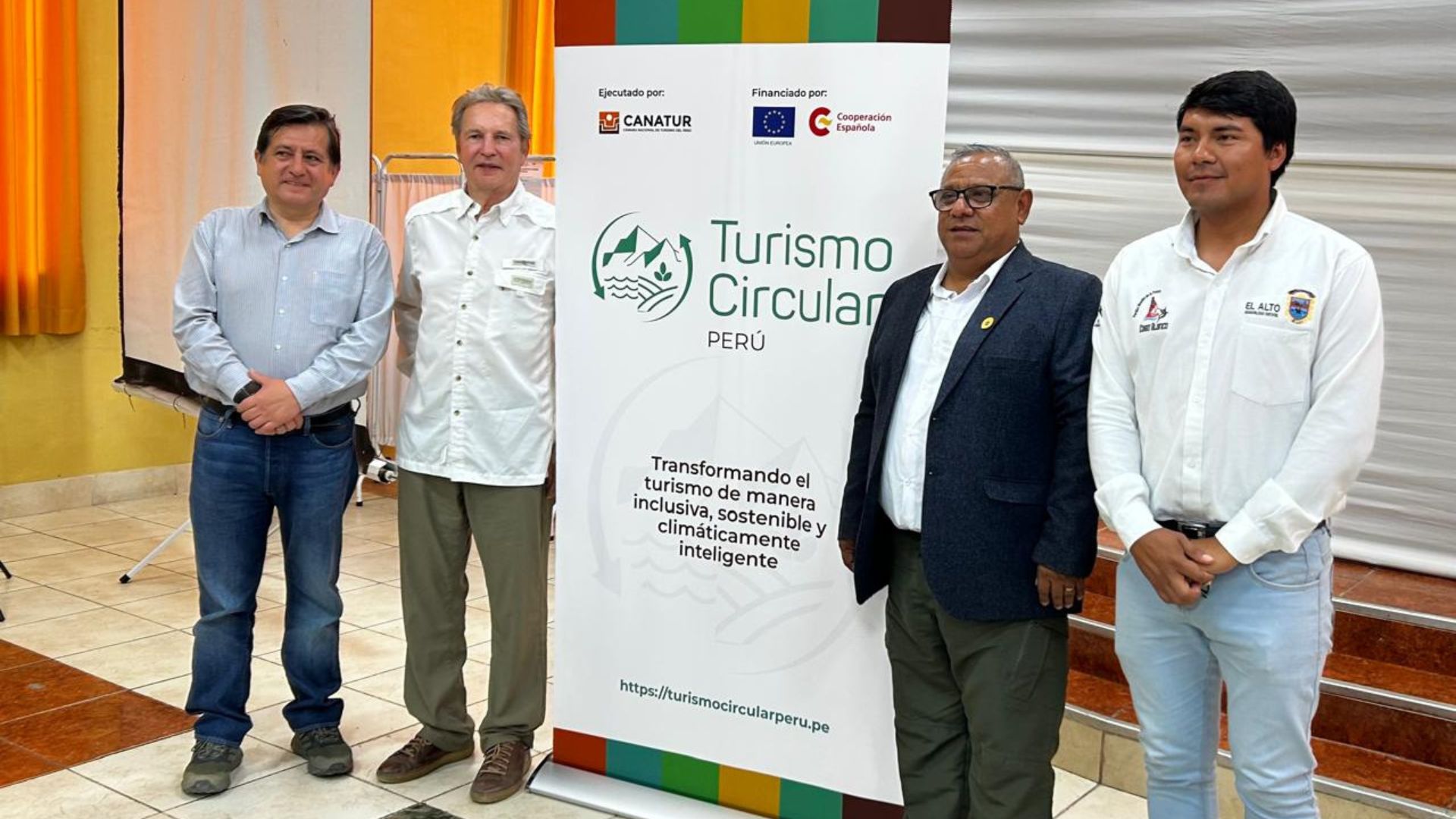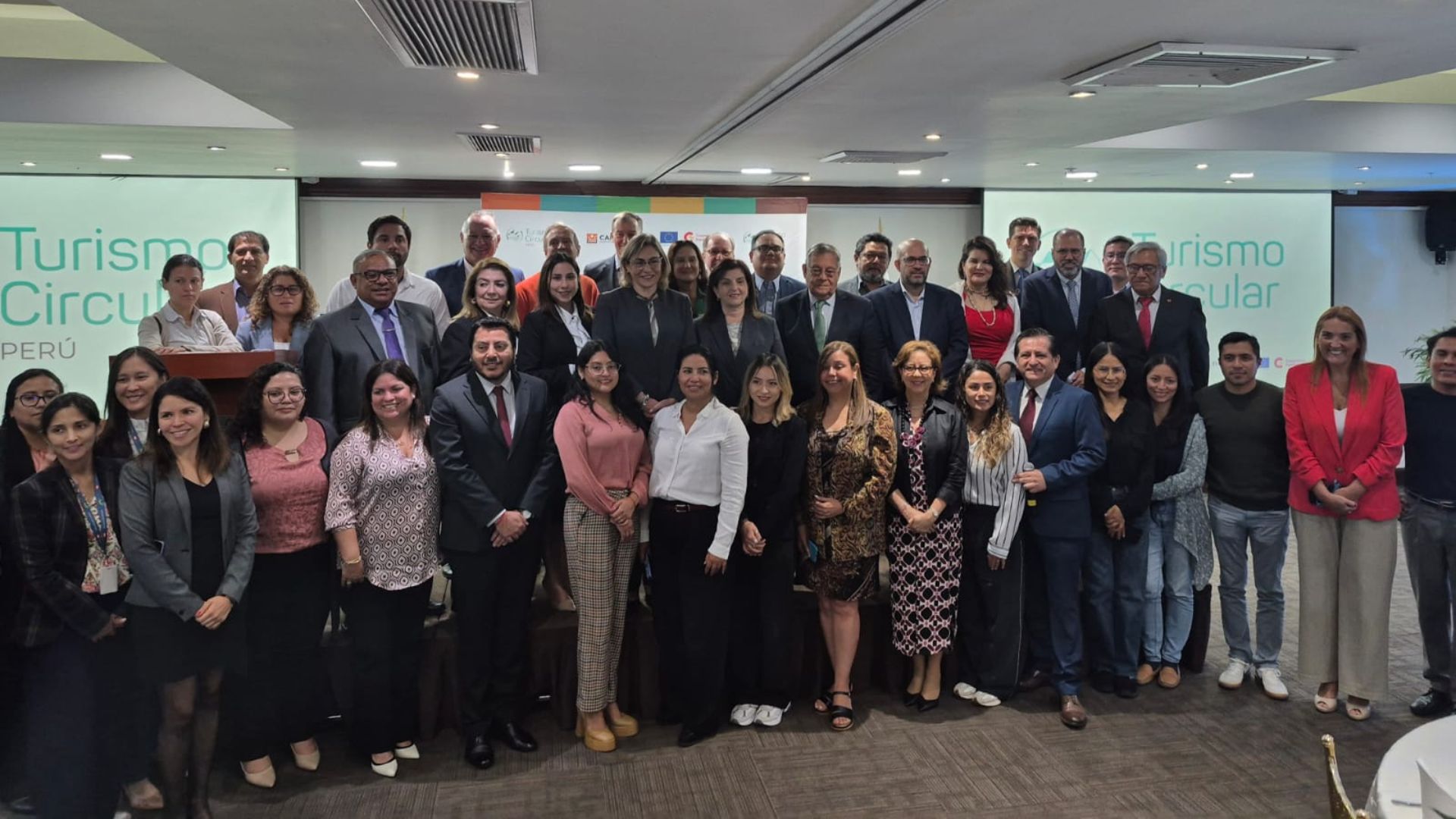Green Initiative, an entity recognized for its expertise in advising and certifying organizations that seek to mitigate their CO₂ emissions, is working as the technical supporting partner for the project entitled “Coalición Turística por una Economía Circular, Inclusiva y Climáticamente Inteligente” (Tourism Coalition for a Circular, Inclusive, and Climate-Smart Economy). This initiative represents a collaborative endeavor between CANATUR (National Chamber of Tourism of Peru) and AECID (Spanish Agency for International Development Cooperation), also funded by the European Union. The project is dedicated to fostering a more sustainable and low-carbon tourism model within Peru, thereby establishing itself as a crucial undertaking for the global climate agenda.
This project arises in a context where the circular economy is recognized as a key tool contributing to global objectives associated with the current climate crisis. Following the signing of the Paris Agreement in 2015 by 195 countries, including Peru, a new paradigm of production and consumption was generated. The main commitment is to reduce greenhouse gas emissions and curb global warming. For the tourism sector, this represents a great opportunity and a challenge to incorporate reuse, recovery, recycling, and maximizing resource efficiency, getting the sector to incorporate these practices into its operations.
The Significance of the Climate Agenda for Tourist Destinations in Peru and Globally
Peru, home to iconic destinations such as Machu Picchu and Cabo Blanco, holds a prominent position in global tourism. However, in common with other international destinations, the nation faces challenges related to climate change, which exert an impact on the environment, the local economy, and communities. The reduction of greenhouse gas (GHG) emissions, particularly CO2, is of fundamental importance for the protection of these destinations and to ensure their preservation for future generations. Peru, alongside the other 195 signatory nations of the Paris Agreement, is committed to substantially reducing its GHG emissions to mitigate global warming.
The Circular Economy as a Key Tool
Within this context, the circular economy emerges as a potent instrument for achieving these objectives. The transition from a linear model of production and consumption, characterized by “produce and discard,” to a circular model, which prioritizes the reuse, recovery, and recycling of resources, is essential for both environmental integrity and sustainable economic growth. The general objective of the project is to implement a circular development model centered on an economy where reuse, recovery, recycling, extending useful life, and reducing the carbon footprint in the tourism sector prevail, while also boosting innovation and competitiveness fairly and equitably.

The Role of Green Initiative
Green Initiative has established itself as a global benchmark in providing advisory services to tourist destinations, assisting them in the implementation of sustainable practices and the attainment of climate-smart management practices. The selection of the company was predicated upon its extensive experience and recognized achievements in collaborating with tourist destinations worldwide, facilitating the integration of circular economy practices and the reduction of their CO2 emissions. Green Initiative’s mission transcends the implementation of environmental policies; the organization is dedicated to transforming the operational modalities of the tourism sector, promoting climate change mitigation in an integrated manner across the entire value chain.
Project Scope and Expected Results
The collaboration with CANATUR and AECID presents an opportunity to disseminate this knowledge within Peru. The project aims to implement a management model based on innovative circular economy practices in 2 tourist destinations for carbon emission mitigation. Additionally, it will promote the creation of a Sectorial Commission for Circular Economy in Tourism to implement a Roadmap and flagship actions, and strengthen the capacities of tourism system actors on climate action and cleaner, circular production. The initial intervention regions are Lima, Cusco, Piura, and San Martín, although the project will have a national impact.
This tourism coalition project will yield a series of deliverables that are critical for the implementation of the transition towards a more circular and sustainable tourism sector. Green Initiative will be responsible for ensuring that these deliverables are executed with the utmost quality and efficiency. Activities will include workshops, training sessions, webinars, an international conference, and the implementation of flagship actions in tourist destinations.

The project aligns with global sustainable development objectives, including the Sustainable Development Goals (SDGs) such as SDG 13 (Climate Action), SDG 12 (Responsible Consumption and Production), and SDG 11 (Sustainable Cities and Communities). With the circular economy gaining increasing prominence, a unique opportunity exists to transform the tourism sector into an engine for sustainable development, generating new employment opportunities and fostering an inclusive, low-carbon economy. Active participation from stakeholders and allies is sought through backing (R) the sectoral committee, synergy (S) in activities by contributing experience and resources, and dissemination (D) of project progress.
Conclusion
Sustainable tourism transcends the notion of doing good; it constitutes an urgent necessity in the face of prevailing global climate challenges. Green Initiative, in conjunction with CANATUR and AECID, is at the forefront of this transformative process in Peru, assisting tourist destinations in the adoption of circular economy practices and carbon mitigation strategies. Consequently, beyond the preservation of natural splendors such as Machu Picchu and Cabo Blanco, this collaboration contributes to a more balanced and sustainable future for all stakeholders. Green Initiative, with its demonstrated expertise and leadership, will be instrumental in enabling significant Peruvian tourist destinations to progress towards a more sustainable future.

This article was written by Tatiana Otaviano from the Green Initiative Team.











